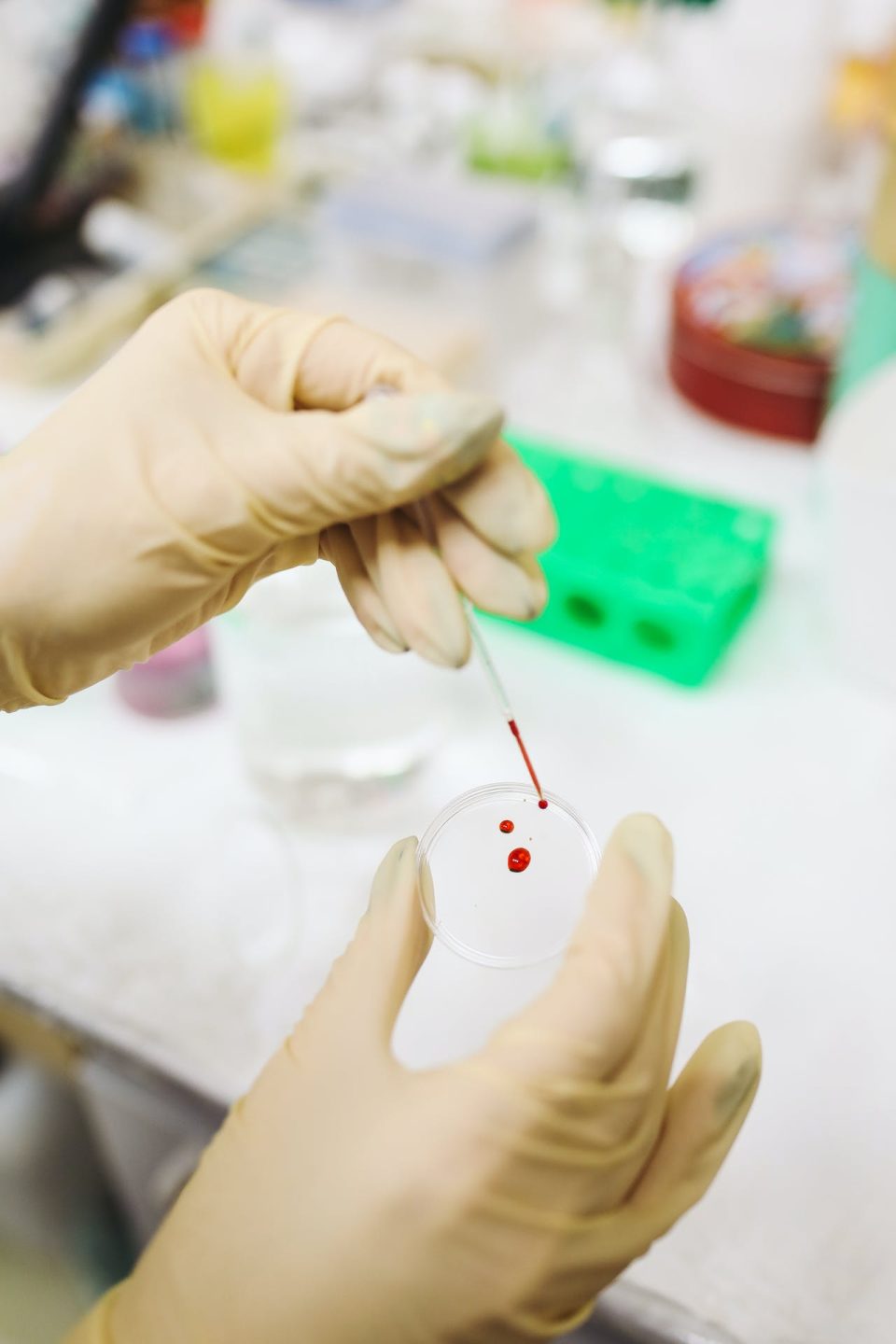Aclaris Therapeutics, a clinical-stage biopharmaceutical company specializing in the development of novel drug candidates for immuno-inflammatory diseases, witnessed a decline in its stock today following the results of its Phase 2B study of ATI-1777 2% QD. The study did not show statistical superiority on the primary efficacy endpoint, leading to a decrease in investor confidence.
The stock of Aclaris Therapeutics opened trading on Wednesday at $1.07, a significant drop from the previous day’s closing price of $1.28.
At the time of this publication, Aclaris Therapeutics Inc stock (ACRS) has witnessed a decline.
Aclaris Therapeutics Inc
Current Price: $1.04
Change : -0.24
Change (%): (-18.91%)
Volume: 5.2M
Source: Tomorrow Events Market Data
The focus of the Phase 2B study, known as ATI-1777-AD-202, was to assess the efficacy, safety, tolerability, and pharmacokinetics of multiple concentrations of ATI-1777 in the treatment of atopic dermatitis (AD).
ATI-1777-AD-202 was a Phase 2b, multicenter, randomized, double-blind, vehicle-controlled, parallel-group clinical trial involving 250 patients with mild, moderate, or severe AD. The trial included both adults and children as young as 12 years old and spanned 30 clinical trial sites across the United States.
While the trial successfully met its primary efficacy endpoint, showing a statistically significant percent change from baseline in the Eczema Area and Severity Index (EASI) score at week 4 for patients treated with ATI-1777 2% BID compared to the vehicle group (69.7% versus 58.7%, p=0.035), the same level of statistical superiority was not observed with ATI-1777 2% QD (68.3% versus 59.5%, p=0.086).
In the per-protocol population analysis, ATI-1777 2% BID demonstrated a 70.8% reduction in EASI compared to a 58.5% reduction in the vehicle (p=0.025). ATI-1777 2% QD showed a 68.4% reduction in EASI compared to a 59.7% reduction in the vehicle (p=0.102). A post-hoc analysis of patients with baseline severity of moderate or severe AD also revealed positive results.
The PK analysis indicated minimal exposure to ATI-1777, with mean steady state trough drug levels at week 4 representing only 0.7% of IC50 for JAK 1/3 inhibition in whole blood. Safety findings were reassuring, as no meaningful adverse events commonly associated with JAK inhibitors were observed in patients treated with ATI-1777.
Common adverse events included nasopharyngitis and application site itch, both reported in more than 2% of patients. Notably, there were no discontinuations due to adverse events, and one serious but unrelated adverse event occurred in a patient who completed the study. All other adverse events were mild to moderate in severity.
In summary, while the Phase 2B study results led to a decline in Aclaris Therapeutics’ stock, the positive outcomes in various efficacy and safety parameters suggest potential promise for ATI-1777 in the treatment of atopic dermatitis. Investors are likely closely monitoring further developments and future clinical milestones for the company.

